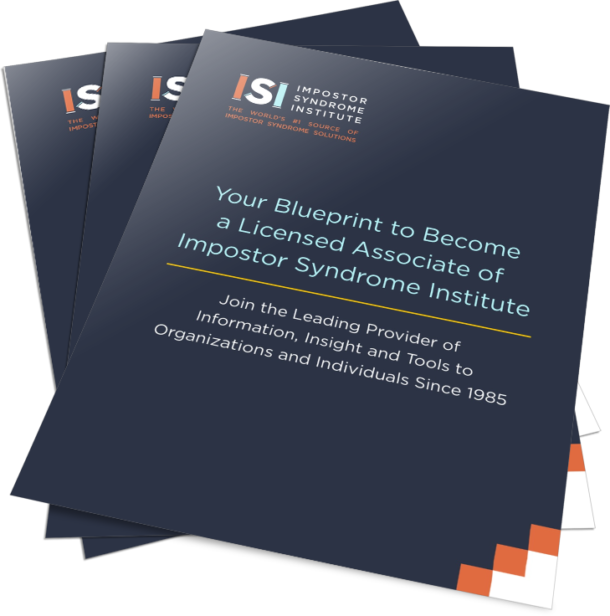Is anyone surprised Viola Davis experiences impostor feelings?
For starters, Davis is in a creative field.
Which means like other actors, writers, artists her work is constantly being judged by objective standards by people whose job title is “professional critic.”
Where you’re only as good as your last performance, your last book, your last painting and in so many ways you really are starting over each time.
Next, let’s put impostor syndrome in an even larger social context. As a black woman, Ms. Davis belongs to not one but two groups for whom there are stereotypes about competence.
This is important because a sense of belonging fosters confidence.
The more people who look like you — in a classroom, a meeting, at a job or in a field, on the executive level of an organization, or in Davis’ case, on the set — the more confident you’re likely to feel.
Conversely, the fewer people who look like you it can and for many does impact how confident they feel.
Beyond Race and Gender
And it’s not just being in a racial minority or the only woman.
Maybe you’ve been the youngest person on the team and felt judged by older co-workers or clients.
Or maybe you’re on the other end of the continuum and it’s the younger employees seem to wonder what an oldster like you could possibly know. (When I asked employees at Facebook if they’d ever felt this way the 30-somethings raised their hands!)
Or perhaps you have a distinctive regional, working class, or another accent that society has deemed as not “sounding smart.”
Or you have an obvious disability.
Again, anytime you belong to a group for whom there are stereotypes about competence, the more susceptible you are to impostor syndrome.
All the more reason I was happy to hear Ms. Davis has come to see that “self-deprivation is not the answer to humility.”
I’m happy too to see more psychologists using the language of reframing — something I’ve been advocating for decades.
I’m not convinced, however, that “Yes I can” inner pep talks is the answer. After all — what if you really can’t?
Like the director of a large medical center – a physician – who told me she feels like an impostor because “everyone on the executive team is brilliantly articulate, and I’m not.”
There was a time I would have assured her that she was brilliantly articulate.
Now I know that wouldn’t have served her.
So instead I said — “Well maybe you’re not? And that’s OKAY!”
Bottom Line– People who don’t feel like impostors are no more intelligent and capable than the rest of us. The only difference between them and us, is they think different thoughts.
If you want to stop feeling like an impostor, you have to stop thinking like an impostor.
You are welcome to reprint this post with the bio below.



